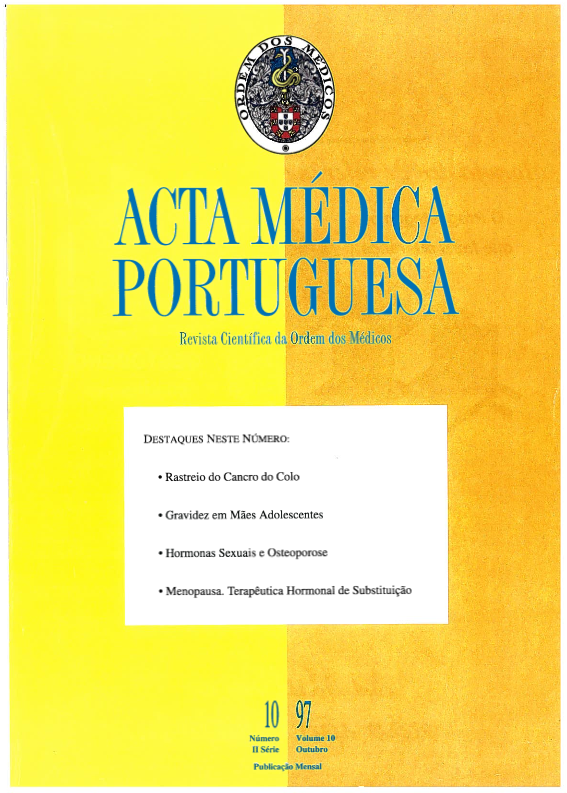Hormone replacement therapy and cancer of the breast. 2. Should a woman with cancer of the breast receive hormone replacement therapy?.
DOI:
https://doi.org/10.20344/amp.2472Abstract
The common menopausal symptoms of a growing number of women treated for breast cancer poses difficult therapeutic decisions to the Gynaecologist. It has been extensively demonstrated that hormonal replacement therapy (HRT) is the most effective treatment of such symptoms, as well as protecting women from cardiovascular disease, osteoporosis and increased mortality related to these disorders. However, breast cancer is classically considered a contraindication to HRT. In this paper we review the existing evidence regarding the influence of HRT on breast cancer. A computerized bibliographical search (MEDLINE) of literature in the English-language literature published in the last 15 years was conducted, followed by a hand search of references found in these papers. Evidence on the response of breast cancer cells to HRT is derived from animal studies, tissue growth system experiments, indirect epidemiological data and clinical data. While the bulk of experimental evidence points towards a proliferative effect of estrogen on breast cancer cells, almost all clinical reports have found no adverse effects of HRT on these patients. In our opinion, currently existing evidence does not justify the denial of HRT to breast cancer patients whose quality of life is at stake. Such is the case of women with intense menopausal symptoms unresponsive to alternative therapies. This opinion is shared by numerous other authors and a small number of eminent institutions. We believe it is safer to avoid HRT, in asymptomatic women as long-term regimens would be needed for protection against cardiovascular disease and osteoporosis, and the risks of such regimens have yet to be evaluated. We also believe that large randomized trials are now ethically justified and greatly needed to obtain safer data on this subject.Downloads
Downloads
How to Cite
Issue
Section
License
All the articles published in the AMP are open access and comply with the requirements of funding agencies or academic institutions. The AMP is governed by the terms of the Creative Commons ‘Attribution – Non-Commercial Use - (CC-BY-NC)’ license, regarding the use by third parties.
It is the author’s responsibility to obtain approval for the reproduction of figures, tables, etc. from other publications.
Upon acceptance of an article for publication, the authors will be asked to complete the ICMJE “Copyright Liability and Copyright Sharing Statement “(http://www.actamedicaportuguesa.com/info/AMP-NormasPublicacao.pdf) and the “Declaration of Potential Conflicts of Interest” (http:// www.icmje.org/conflicts-of-interest). An e-mail will be sent to the corresponding author to acknowledge receipt of the manuscript.
After publication, the authors are authorised to make their articles available in repositories of their institutions of origin, as long as they always mention where they were published and according to the Creative Commons license.









